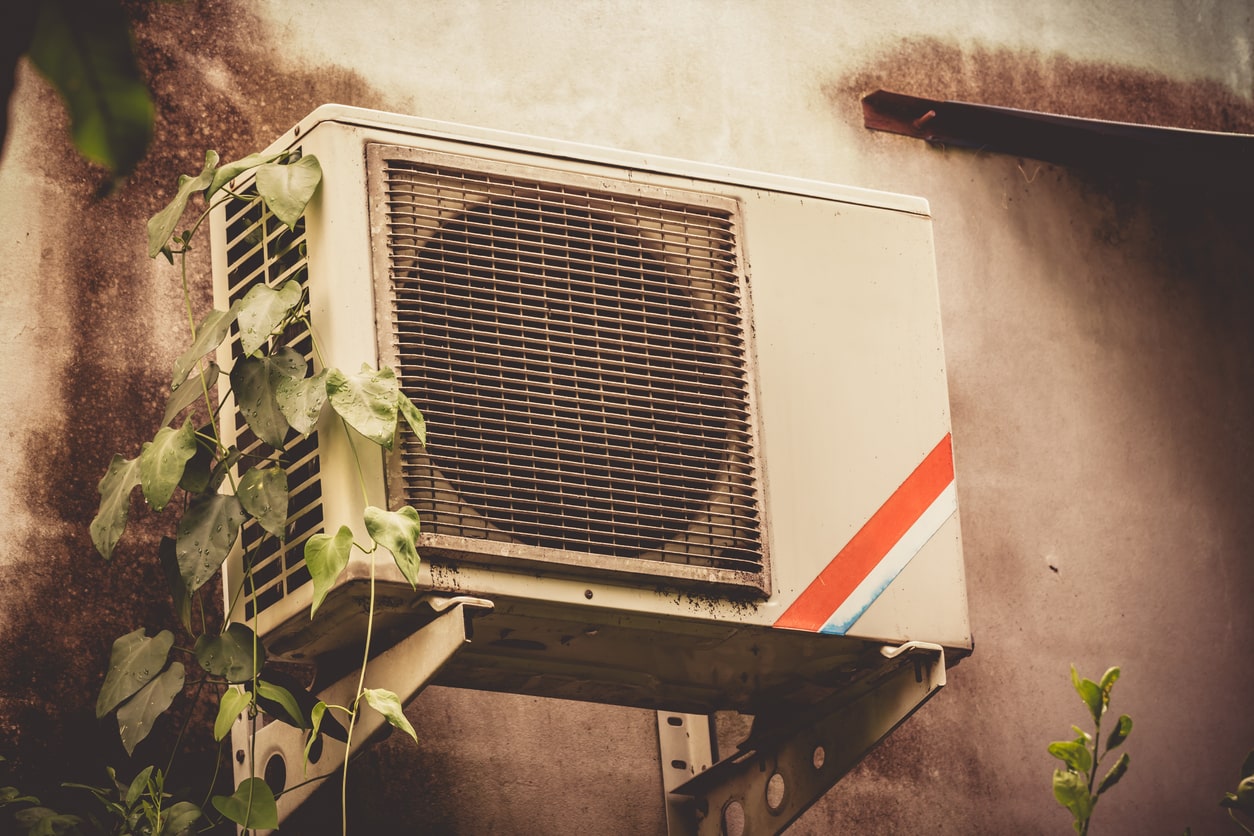
Furnace Filters 101: Learning How Furnace Filters Work and Choosing One for Your Home
Furnace filters—Do you know where they are in your home and do you know the last time someone changed them? The answer given most often is “no.” Why? Because for most homeowners, as long as your furnace is keeping you warm during winter (or cool in the summer), you rarely think about the filter. Filters are actually a very important component of your furnace!
If you answered no to the questions above, this is the information you needed to stumble upon today. Filter knowledge is important to ensure the longevity of a key component to your home (your HVAC system).
How Does a Furnace Work?
In most homes, a traditional forced-air system is the most common. The machines are simple: the furnace takes in air from return air ducts, then it’s warmed via a heat exchanger and pushed back into the house by fans (this is also the way it works for cooling your home). This will run on a continuous loop until the desired temperature is met.
How the Furnace Filter Works
The general idea is that the furnace filter’s job is to filter and clean the air that is moving in and around your home. While this takes place, the actual main purpose of the filter is to protect the blower that pushes the warmed or cooled air from dust, hair, and other debris that are floating around in the air.
If someone does not change the filter as it becomes clogged with debris picked up throughout its use, it can cause significant damage to your furnace and will cause lower air quality in your home.
Better Understanding Filters
There is one big factor to consider when buying your replacement filters. That is the MERV Rating or the Minimum Efficiency Reporting Value. The rating of the furnace filter you have in your home will really determine each other consideration.
The Minimum Efficiency Reporting Value was created by The American Society of Heating, Refrigerating and Air-Conditioning Engineers (ASHRAE), to allow consumers to compare air filters made by different companies. MERV ratings can range from a low of 1, to a high of 20. The higher the rating, the more particles the filter can remove. Higher rated filters allow less air to flow through and can force your furnace to work harder and possibly malfunction.
According to the United States Environmental Protection Agency, air furnace filters with a MERV between 7 and 13 will be most appropriate, as they are likely to be the most effective at controlling a large amount of airborne indoor particles. To further protect your furnace, always check if your furnace manufacturer has a maximum MERV rating for your model of furnace.
Common Types of Filters
Easily the most common type of filter is the disposal-pleated kind. When you think of a filter, this is exactly what you would imagine. Made of paper and polyester, these filters get the job done and range from $30-$40 depending on the size, brand and rating.
Disposable fiberglass filters are the cheapest filter on the market, but are not, by any means, the best filters. They have a spider web appearance and are most often blue. They are usually flimsy but come in many standard sizes. They typically have the lowest ratings compared to most filters.
For someone looking for the most economical option, then the permanent reusable filters (also referred to as washable filters) are a great choice. Constructed out of either solid aluminum or plastic frame and made more efficient than disposable and fiberglass filters. These filters can be vacuumed and cleaned with water. They come in a range of sizes and ratings.
If you want to have something a little different but also economical, then the Electrostatic filters are for you! Both disposable and washable filters come in electrostatic versions. These filters self-charge themselves as air passes through them. This process helps trap small particles, making them good for homes with pets or people who smoke inside.
How Often Should You Change Your Filter?
This is a tricky question. Often, people rely on a random “when it feels right” approach. We do not recommend you do that! If you are using your furnace regularly, then follow these simple rules:
- Pleated filters are to be checked monthly for blockages and replaced on average every 90 days.
- Disposable fiberglass filters should be checked and replaced more frequently than pleated filters because of their inferior quality.
- Permanent reusable filters last an average of 5 years but need to well maintained with a proper cleaning at least every 90 days.
Furnace filters are important to the health of your furnace and everyone who lives inside your home. We hope that this information helped you learn more about how to take care of this important piece of your home’s furnace.
At Russell Heating and Air, we always strive to answer our customers’ questions. If you still have more questions about your furnace and what filter to use, please contact us! We want nothing more than to help give you some peace of mind when it comes to the comfort of your home!
Share this article
Written by : Mitchell Cobb
Follow us
A quick overview of the topics covered in this article.






